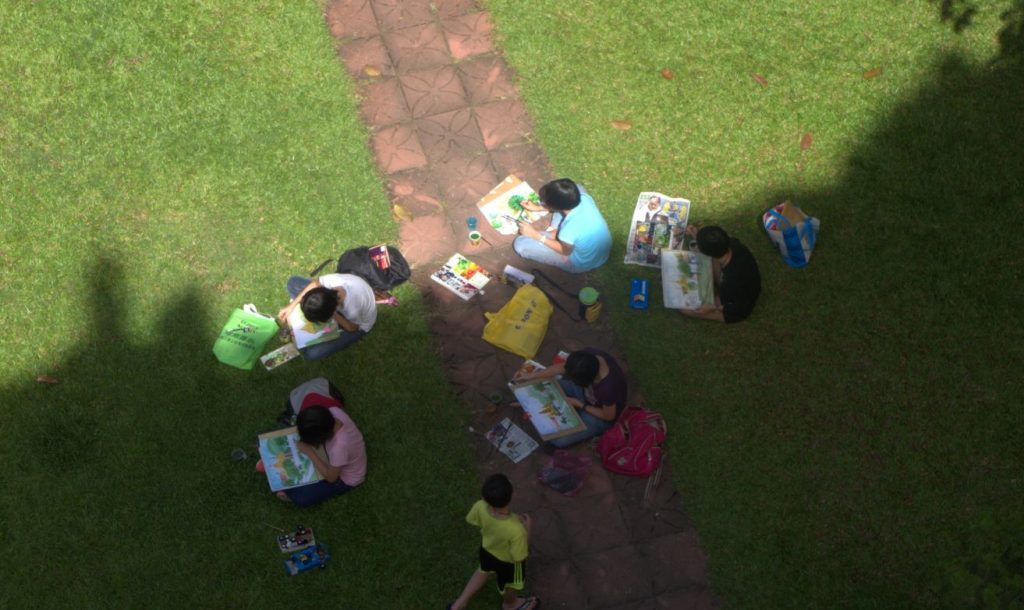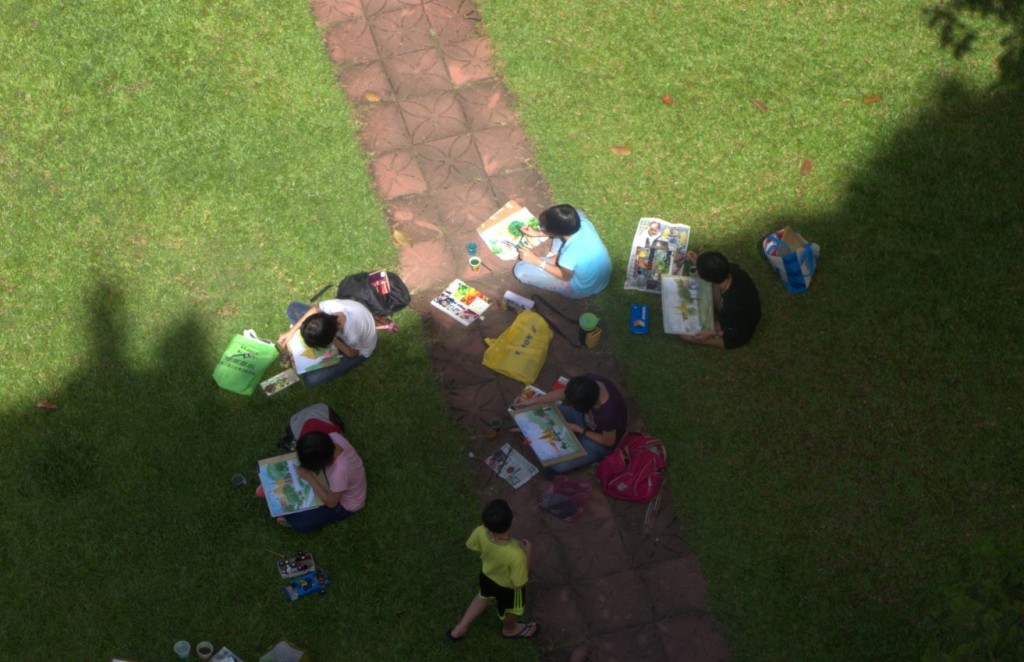Prime Minister Yingluck Shinawatra has announced an ambitious, and expensive, mega-project plan to lift Thailand out of its middle-income trap. According to the Bangkok Post:
Ms Yingluck yesterday said Thailand had not completed any major infrastructure projects for several years. Its latest development project was Suvarnabhumi airport seven years ago. Her government is investing in infrastructure to increase national competitiveness and potential. Large-scale investments will continue for the next seven years, she added. She hopes the investments will create jobs and boost people’s incomes, reduce the income gap among Thais, eradicate poverty and strengthen businesses including small and medium enterprises. The National Economic and Social Development Board (NESDB) expects Thailand to break out of its middle-income trap in 10-15 years based on present forecasts. … Ms Yingluck said her government was trying to boost people’s incomes by promoting agro-industry, tourism, the service sector and the zoning of land use in the country.
Yingluck has good reason to be optimistic. Thailand’s rapid recovery from the terrible flooding of 2011 demonstrates the resilience of its economy. According to the recent Thailand Economic Monitor issued by the World Bank, GDP growth in 2012 was 4.7 percent, with foreign investment remaining strong despite the disastrous images of submerged factories. Growth in 2013 is predicted to be a healthy 5 percent. Government spending has increased (with the rice price support scheme estimated to cost around 3.5% of GDP each year) and there are expensive water resource projects on the way. Overall, however, public debt will be about 50% of GDP at the end of 2013, a level which the World Bank considers to be “not excessive” despite the need for “prudent” management.
So, Thailand is well placed to embark on a new phase of productivity-improving investment. However, spending on infrastructure and mega-projects probably won’t be enough for Thailand to break free from the middle-income trap while it continues to perform relatively poorly on human capital. Overall, Thailand is a development success story but it is well recognised that it has underperformed when it comes to investing in high quality education. Moving people into more productive forms of economic activity requires sustained investment in the acquisition of new skills. Remember that around 40 percent of Thailand’s workforce is still in agriculture, producing around 10 percent of GDP.
As one recent study of the middle-income trap notes:
Skilled workers are needed to move up the value chain from low value-added industries and activities. High quality human capital is especially important for modern high value-added activities like business services. The Asian Development Bank (2012) finds that the underdevelopment of the service sector in China and other Asian emerging markets is attributable partly to the dominance of traditional low value-added services. It identifies shortages of appropriate human capital as an important explanation for the weakness of modern high value-added services. Lack of high quality human capital helps to explain why Malaysia and Thailand have become synonymous with the middle income trap. The rapid expansion of secondary and then tertiary education helps to explain Korea’s successful transition from middle- to high-income status.
Developing physical infrastructure is relatively easily. Transforming the intellectual and cultural infrastructure that lies behind Thailand’s lacklustre performance on education will be a much more daunting task.
 Facebook
Facebook  Twitter
Twitter  Soundcloud
Soundcloud  Youtube
Youtube  Rss
Rss 
